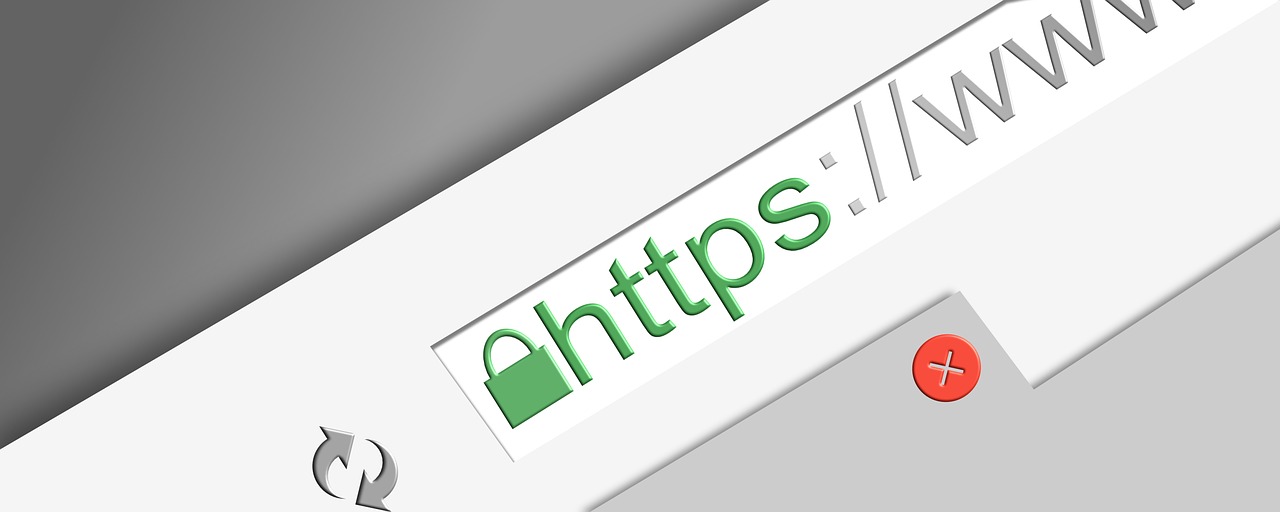Anyone with a website these days should know that having an SSL certificate isn’t optional—it’s a necessity.
Apart from the fact that SSL certificates create an encrypted connection between your website and a user’s browser so that their data isn’t susceptible to prying third parties, it’s now basically a requirement for most major browsers. If your site isn’t secured with an SSL, browsers like Google Chrome, Mozilla Firefox, and Microsoft Edge will flag this to anyone trying to visit your site and advise them not to proceed. Chances are, they won’t. And you’ll lose out on a lot of potential visitors.
Now that we’ve made the case for why your site needs an SSL, let’s talk about where you should get one. There is a huge number of websites selling SSL certificates out there, so it may be difficult to gauge which ones are legitimate and which ones aren’t. Some sites have higher prices than others, too, so it’s understandable if you’re a bit skeptical when it comes to the more affordable websites.
Is a cheap SSL certificate worth buying? After all, “you get what you pay for”, right? Today we’re going to let you in on a little secret that may surprise you: all SSL certificates offer your site the same level of protection, no matter what their price point.
However, that is not to say that all of these websites are indeed legitimate. Before buying from any website, you should ensure that the SSL certificates they offer are validated and issued by a trusted Certificate Authority.
Validation Levels
One factor that does differentiate SSL certificates is their level of validation. (Again, it’s worth repeating that the encryption for all SSL certificates, no matter what their level of validation, are exactly the same.) When you buy an SSL, the Certificate Authority issuing it will carry out some form of verification. Validation level refers to how in-depth these background checks will be. The three validation levels for SSLs are Domain Validation, Organizational Validation, and Extended Validation. Let’s briefly talk about what each level involves:
Domain Validation (DV)
This is the lowest level of validation. Certificate Authorities will simply check that you own the domain you wish to secure before issuing the SSL. If you have a simple website or blog, this is ideal.
Organizational Validation (OV)
OV certificates are a little more rigorous when it comes to authentication. The Certificate Authorities will carry out checks on you and your business. This is ideal for small e-commerce sites, as customers can trust that you are who you say you are.
Extended Validation (EV)
Recommended for more large scale e-commerce enterprises or businesses, EV requires Certificate Authorities to check your company’s existence with a government agency. To get this kind of SSL, you will have to have had a business with an operational history of at least three years.
These days there are some great options across the web for getting a cheap ssl certificate that will protect your site just as well as one with a more hefty price tag. By doing your research and ensuring that any SSL you purchase issued by a trusted Certificate Authority, you’ll be on your way to having a more secure website in no time.

